
Unraveling Thoughtless Awareness & contentless consciousness

Embrace Contentless Consciousness
Explore the depths of your mind, transcending mere existence into a realm of profound insight.

Awareness Without Borders
Venture into the void where thoughts dissolve, revealing the essence of pure consciousness.
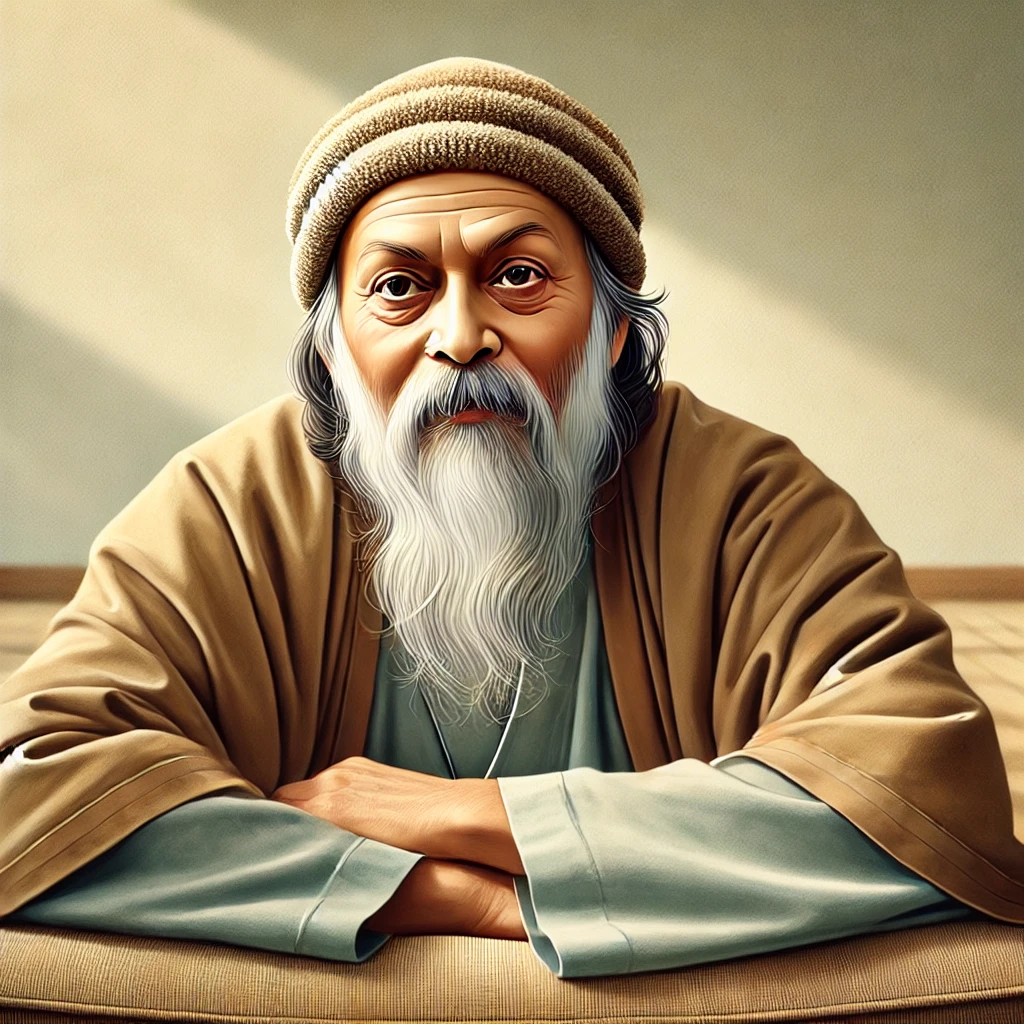
Navigating Inner Landscapes
Journey through abstract concepts, unearthing layers of meaning and endless possibilities.
The Voyage of Self-Discovery: A Guide to Awareness
Embark on a profound journey filled with practical methods aimed at fostering pure awareness and self-discovery. Explore how simple, everyday exercises can significantly transform your understanding of self and reality. Engage in practices such as conscious breathing, body awareness, and various meditation techniques that guide you towards quieting the chaos of daily life and tapping into your authentic being.
Thoughtless Awareness
Thoughtless awareness refers to a state of mental clarity where the mind is completely still, devoid of any thoughts, yet fully aware. In this state, a person is entirely present and alert, but without mental chatter or judgment. It’s a meditative state where the mind has settled into silence, and consciousness simply observes without interference.
Contentless Consciousness
Contentless consciousness is a more advanced concept where awareness is not only free of thoughts but also devoid of any specific objects of attention or content. In this state, consciousness exists in its pure form, without focus on any internal or external stimuli. It is consciousness aware only of itself, rather than of particular thoughts, sensations, or perceptions.

Difference Between Thoughtless Awareness and Contentless Consciousness
Thoughtless Awareness: The mind is silent, with no specific thoughts, but may still be aware of the present moment, sensations, or surroundings. Contentless Consciousness: A deeper state where even the sense of "self" or focus on external objects fades, leaving pure awareness of consciousness itself. It is awareness without any content, essentially "just being."
References in Sikhism and Hinduism
Sikhism: Sikh teachings, especially in the Guru Granth Sahib, emphasize “simran” (remembrance of the Divine) and “sahaj avastha” (natural state of being). This natural state is similar to thoughtless awareness, where the mind rests in remembrance of the divine presence, free from worldly thoughts and desires. The ultimate goal is union with God, transcending the mind’s distractions to reside in pure awareness.
Hinduism: In Hindu philosophy, especially in Advaita Vedanta, the concept of “Nirvikalpa Samadhi” aligns with contentless consciousness—a state of absolute stillness where there is no division between the self and the universe. “Chitta vritti nirodha” (stilling the modifications of the mind) in the Yoga Sutras of Patanjali also points to thoughtless awareness as an essential part of spiritual practice, aiming to still the mind and uncover pure consciousness.
Summary
Both thoughtless awareness and contentless consciousness are stages of deep meditation that lead to spiritual clarity and transcendence. While thoughtless awareness is the beginning—a still mind fully engaged in the present—contentless consciousness represents a complete merging with pure awareness itself. Various spiritual practices and teachings, from Osho’s guidance to scriptures in Sikhism, Hinduism, and Buddhism, offer pathways to these profound experiences, each seeing these states as essential to realizing one’s true nature beyond the mind.

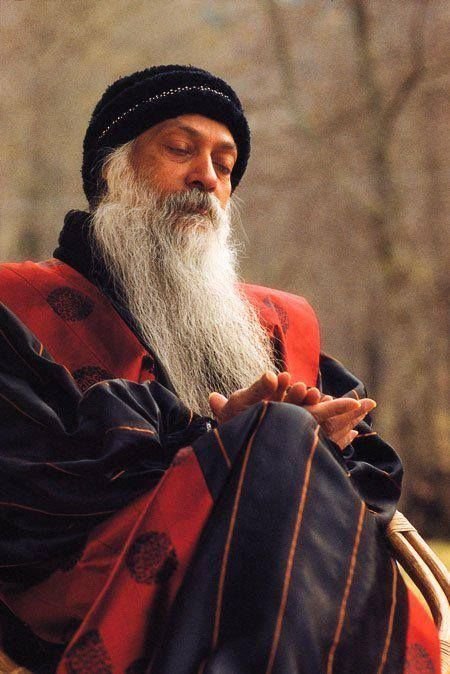
Examples of Those Who May Have Achieved These States
Buddha
Adi Shankaracharya
Ramakrishna Paramahamsa
Ramana Maharshi
Osho
Dogen


The Path of Zorba the Buddha : Insights from Osho

Celibacy vs Sex Philosophy of Osho

God is Dead?

Navigating Emotional Complexity in Sexual Relations for Spiritual Growth

Osho’s Philosophy: A Cautionary Perspective

The Myth of Superconsciousness: Beyond Sexual Experiences
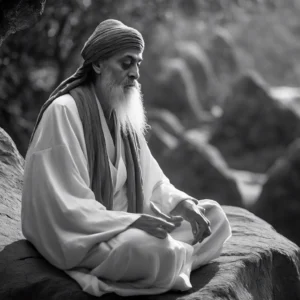
Misinterpretations of Osho’s Philosophy: The Debate on Sexuality and Spiritual Growth
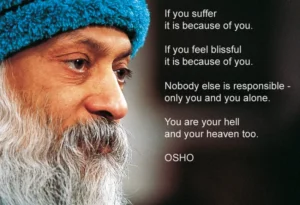
Celibacy in Religious Traditions and Osho

Osho’s Views on Polygamy and Monogamy

Exploring Osho’s View on Monogamy and Polygamy
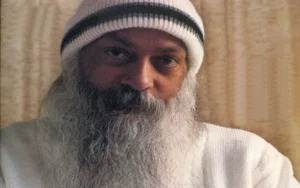
The Paradox of Pursuing Travel by Bhagwan Rajneesh
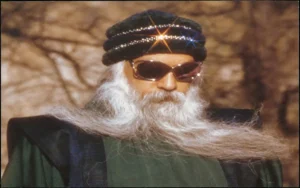
The Global Visa Rejection of Bhagwan Rajneesh

Jesus saves, Moses invests, Bhagwan spends

Third Psychology: Osho’s Influence and Insights

Rajneeshism: Origins and Impact

Thoughtless awareness and contentless consciousness
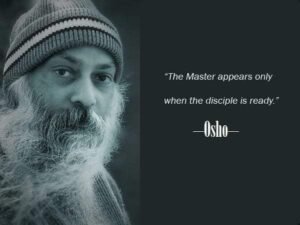
Osho educational philosophy
Share this content: